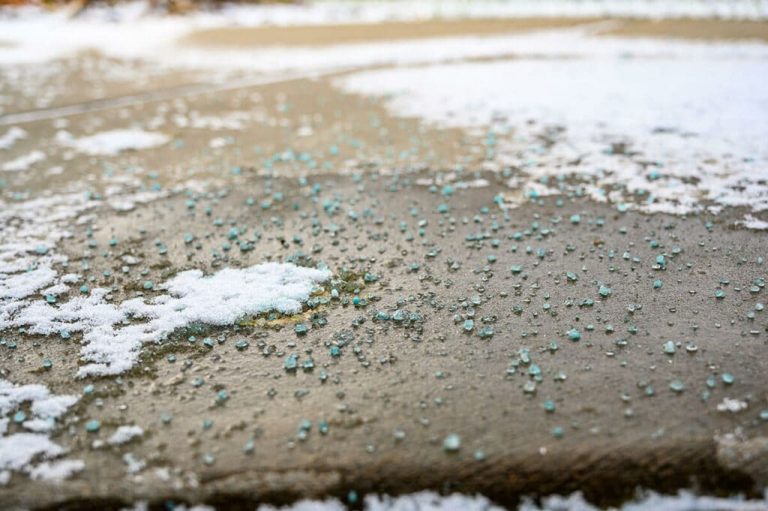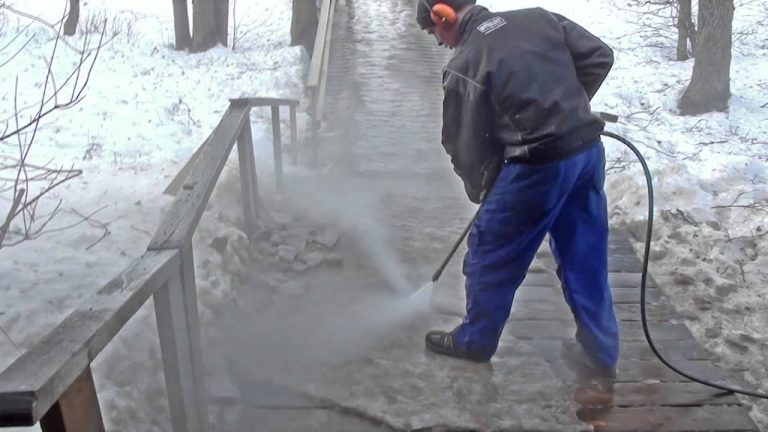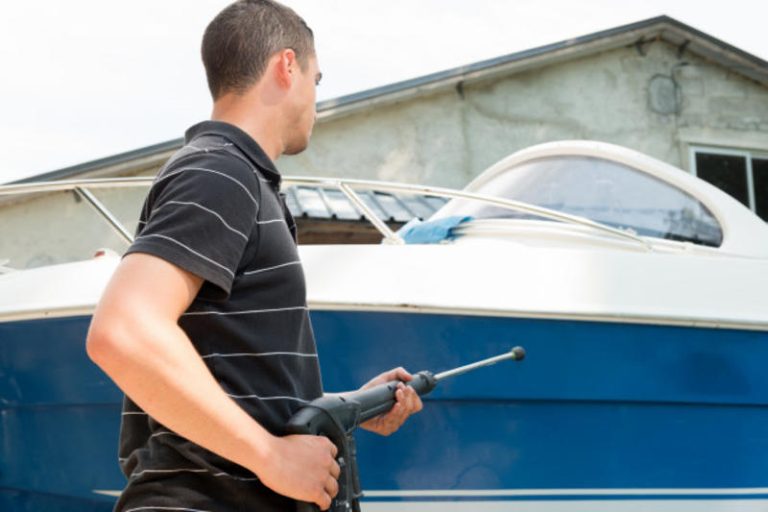
Pressure washing is one of those home maintenance tasks that looks easy—just point, spray, and watch the grime disappear, right? Not quite. While DIY pressure washing can save money upfront, it also comes with a set of risks that could lead to costly mistakes if you’re not careful. 😬
So how do you know when it’s worth doing yourself and when it’s smarter to hire a pro? In this article, we’ll break down the pros, cons, and potential pitfalls of both approaches. 🧽💡
🛠️ The DIY Approach: Pros and Cons
✅ Advantages of DIY Pressure Washing
- Cost savings: Renting a machine costs about $40–$100 per day; buying one ranges from $100–$400 for most home units.
- Flexibility: Clean on your own schedule—no need to coordinate with contractors.
- Satisfaction: There’s something incredibly satisfying about watching a dirty surface turn spotless in real time. 😎
⚠️ But Here’s the Catch…
DIY pressure washing can be riskier than it looks. Some of the biggest concerns include:
⚠️ Common DIY Pressure Washing Risks
❌ Surface Damage
Pressure washers can exert more than 3,000 PSI—plenty of force to:
- Etch concrete
- Gouge wood
- Crack vinyl siding
- Strip paint
- Break seals around windows and doors
🔫 Using the wrong nozzle, standing too close, or choosing the wrong pressure setting can cause permanent damage in seconds.
❌ Water Intrusion
Poor aim or excess pressure can force water:
- Behind siding
- Into window sills
- Beneath roof shingles
- Through vents or soffits
💧 This can lead to mold, rot, and structural issues—the opposite of what you’re trying to achieve.
❌ Injury
According to the Consumer Product Safety Commission, thousands of pressure washing injuries occur annually. These include:
- Lacerations from direct spray 💥
- Slips and falls (especially on wet surfaces) 🪜
- Eye and respiratory issues from chemicals or debris 😷
Even light-duty pressure washers can cause serious harm if not used properly.
❌ Improper Use of Chemicals
Many DIYers don’t know which cleaning agents are:
- Safe for their surfaces
- Safe for plants or pets
- Necessary for soft washing vs. high-pressure cleaning
Using the wrong soap—or no soap at all—can result in ineffective or harmful results.
Browse Amazon Here For Top Rated Power Washers And Accessories
💼 Hiring a Professional: Pros and Cons
✅ Advantages of Hiring a Pro
- Experience & skill: Professionals know the right pressure, technique, and chemicals for every surface.
- Proper equipment: Commercial-grade machines deliver consistent, adjustable results.
- Insurance coverage: If something goes wrong, you’re not liable for damage.
- Faster results: A skilled crew can clean an entire property in a few hours.
- Less stress: No learning curve, no equipment prep, no mess to deal with. 😌
🧽 Pros also typically offer soft washing options for delicate areas like roofs and siding, which most DIYers aren’t equipped to do.
❌ Potential Downsides
- Cost: Professional services typically run $200–$500, depending on the size and scope of the job.
- Scheduling: You’ll need to book in advance, especially during peak seasons.
- Variability in quality: Not all contractors are created equal—check reviews and references.
🧼 Side-by-Side Comparison
| Factor | DIY 🧰 | Professional 👷♂️ |
|---|---|---|
| Cost | Lower upfront | Higher upfront |
| Risk of Damage | High if inexperienced | Low with trained experts |
| Time Investment | High | Low |
| Equipment Quality | Consumer-grade | Commercial-grade |
| Learning Curve | Steep | None |
| Long-Term Value | Risk-dependent | High if done properly |
🧯 When It’s Best to Hire a Pro
You should definitely call a pro if:
- You’re washing a roof or second story
- You’re dealing with lead paint, mold, or algae
- You have delicate surfaces (e.g., wood, stucco, stone)
- You’re selling your home and need a flawless finish 🏡📸
- You’re unsure of the right PSI or nozzle to use
Hiring an expert in these situations prevents expensive mistakes—and gives you peace of mind.
✅ When DIY Might Be Safe
DIY pressure washing can be a good idea when:
- You’re washing concrete or brick patios
- You’ve done proper research and safety prep
- You’re confident in adjusting PSI and nozzles
- You’re not using ladders or reaching dangerous areas
📚 Just make sure to test small areas first, use safety gear, and follow all manufacturer instructions.
🚧 Final Thoughts
Pressure washing is a powerful, rewarding cleaning method—but it’s not without its risks. If you’re confident, prepared, and sticking to safe surfaces, DIY can be cost-effective. But for complex jobs or delicate materials, hiring a professional is often the smarter and safer choice. 🧼💡💦
Whether you do it yourself or call in the experts, make sure you understand the scope of the project—and always prioritize safety and long-term value over quick wins.
Browse Amazon Here For Top Rated Power Washers And Accessories






